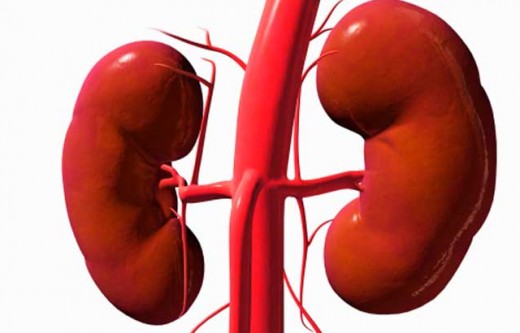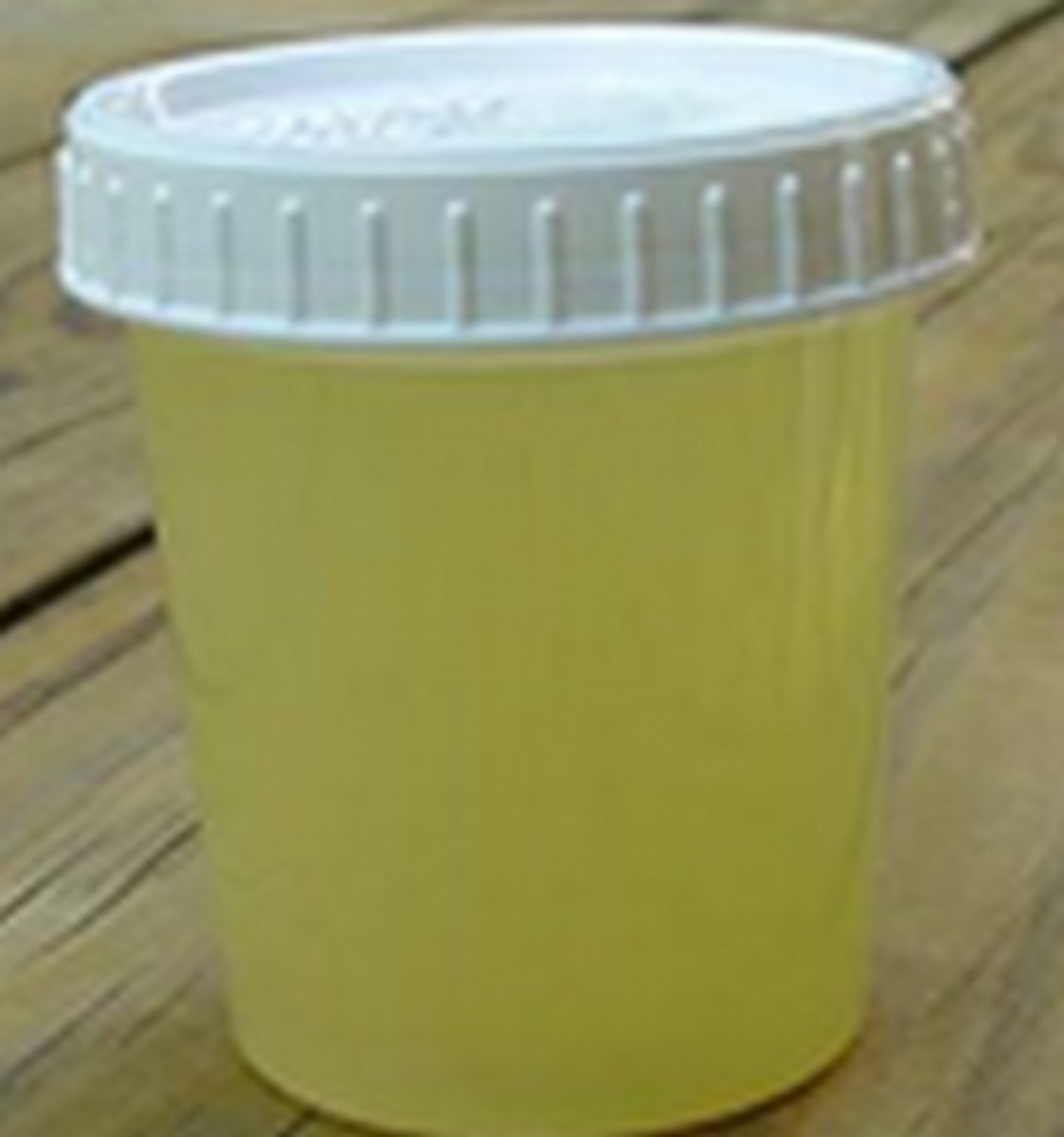Things that Lead to Kidney Failure
Reasons for kidney failure

Causes of kidney failure
Two weeks ago, I received unpleasant news about the death of an old friend, Collins. Collins had been ill for a long period of time – about five years. According to my friends who narrated his disposition prior to death, Collins had changed drastically; his cheeks were bulged, he had become so emaciated, he couldn’t drink a glass of water easily, he couldn’t eat well, and everything about him had become quite doleful.
Collins suffered a failure of his kidneys. In honor of Collins’ memory, I’d like to share some of the causes of kidney failure with you. However, to advance our understanding of kidney failure and its causes, it’s important that I explain the anatomy of the human kidney, the role of the kidney in the body, and why kidney failure should be a subject of concern.
The human kidney

The anatomy of the human kidney
The human kidney is a bean-shaped organ that is found by the muscles of the back, in the abdomen area. There are two kidneys in the human body and they are right opposite each other, one on either side of the human spine.
The main function of the kidney is to extract waste substances from the blood, much like a septic tank for a household, which takes away septic waste from our bathrooms and toilets. To serve its function, the kidney consists of several small sieve-like components known as nephrons. The nephrons sieve blood for the waste fluids it has collected from the various cells of the body – perhaps, you may know that one of the functions of blood is to transport oxygen and nutrients to the cells of the body, and carry away waste products from those cells.
After the kidneys have sieved the blood and extracted waste liquid from it, they deposit the waste liquid into the bladder, from which it is expelled in the form of urine. Therefore, kidney failure arises when the kidney is unable to perform its principal function of waste extraction.
Dangers of kidney failure
But why should kidney failure be a point of concern for me? After all, waste is waste and it will find its way out of my body in one way or the other, I hear you say. Dysfunctional kidneys are a very serious problem, which can leave us with gloomy, if not lethal, consequences.
When the kidney fails to sieve blood for waste, the waste builds up in the blood, a condition known as uremia. Uremia leads to: heart attack, where the heart stops working because its blood supply is blocked; itchy skin on the back, neck, head and limbs because of waste products; severed bone health due to imbalanced content of minerals, like calcium, in the blood; anemia; and loss of appetite, among others. As you can see, guarding against kidney failure has never been more important.
Kidney failure

Things that lead to kidney failure
Having explored the anatomy of the kidney, kidney failure, and the importance of guarding against it, let’s address some possible causes.
Diabetes
One of the major causes of kidney failure is diabetes. Diabetes is a condition where the pancreas’ cells are unable to produce insulin, the hormone that transports sugar in the blood to the cells of the body that use it for energy, because either the cells of the body refuse to accept sugar (type 2 diabetes) or the pancreas is naturally unable to produce insulin (type 1 diabetes).
Because of the pancreas’ failure to produce insulin or the cells’ refusal to take in sugar, sugar in the blood continues to increase, as long as the patient eats food that contains sugar, causing fatal problems including kidney failure.
The mechanism by which diabetes leads to kidney failure is that the sugar damages the blood vessels of the kidney, with which the kidney sieves the blood for waste products. Therefore controlling your intake of added sugars will save you not only from diabetes (type 2) but also from kidney failure.
High blood pressure
Another cause of kidney failure is high blood pressure. High blood pressure is a condition where the force with which blood passes through the blood vessels is higher than normal. High blood pressure occurs because either the blood vessels are blocked by fat (cholesterol) or the volume of the blood has become too much to pass through the once spacious blood vessels.
The blood vessels become clogged with fat when we excessively indulge in fatty foods such as meat. It is therefore not surprising, now that I think of it, that my late friend, Collins, ate meat in excessive quantities.
The volume of the blood is increased when the kidney is unable to sieve out waste fluid because its blood vessels have been damaged by sugar. Again, thinking about it, it’s not surprising that Collins drank alcoholic beverages in massive quantities; most alcoholic drinks contain added sugar. High pressure weakens the kidney’s sieving blood ability, leading to its failure. Therefore, controlling your intake of fatty foods and alcohol could save you not only from high blood pressure but also kidney failure.
Heart attacks
Heart attacks are another cause of kidney failure. The heart is the only organ in the body that’s responsible for pumping blood to other parts of the body. When the heart fails, it means that blood is not sent to cells and organs of the body, including the kidney, that need it to function. Therefore maintaining a healthy heart is a step in the right direction for preventing kidney failure.
Nephropathy
Lastly but not least, Nephropathy is another factor that can lead to failure of the kidney. Nephropathy is a conduction where some of the proteins that the kidney sieves out from the blood build up in its blood vessels (the sieve/nephron). Such build up impairs the kidney’s ability to filter blood well. When this happens over time, the sieve becomes damaged.
Infections
Finally, complications from pregnancy, such as urinary tract infections, can destroy the kidney when left untreated. Sometimes, due to the toilets we use, certain fungi, viruses or bacteria find their way into the urinary tract. In some cases, these organisms go all the way through the bladder into the kidneys. If not detected and treated in due course, the organisms can damage the kidney.





